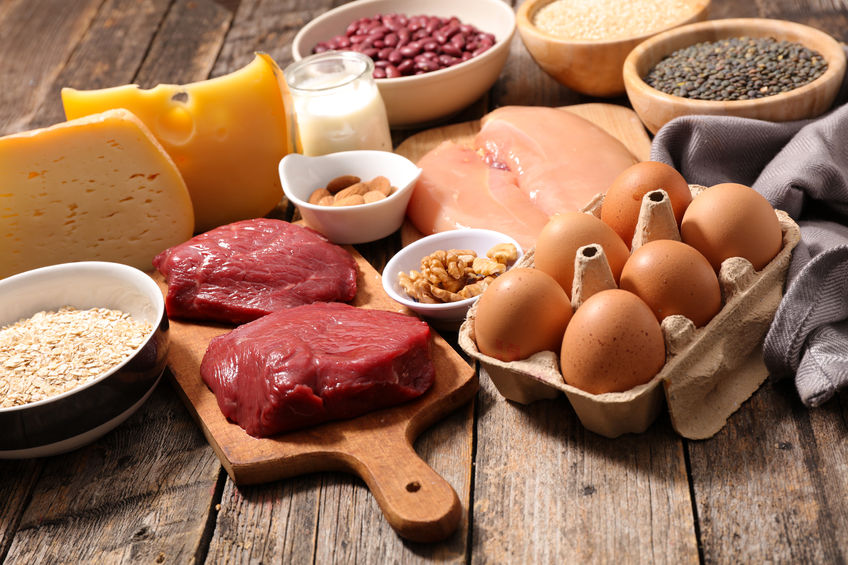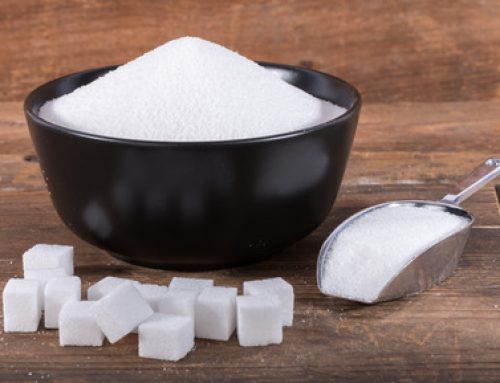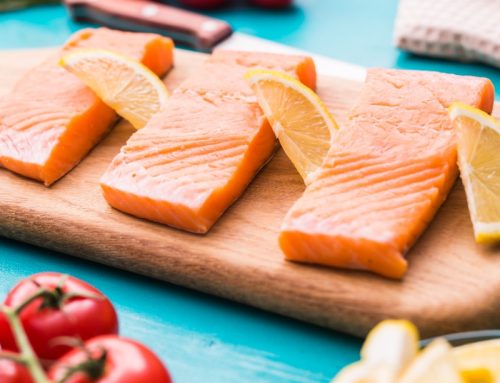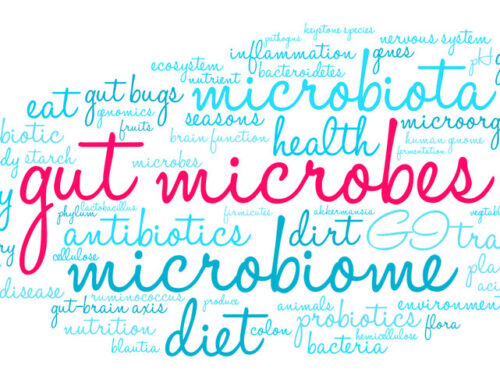Protein and weight loss? Do they go hand in hand? Many people mistakenly believe that adding protein shakes to their diets will help them lose weight. But what does the science prove? Can extra protein help you lose—or not gain—weight?
Getting enough protein matters. Eat too little and you’ll lose muscle. But does extra protein help you eat less and stay trim? Conquering cravings and satisfying hunger are ad-speak for a bigger prize: getting or staying trim.
According to Bettina Mittendorfer, professor of medicine and nutritional science at the Washington University School of Medicine in St. Louis:
• To many people, protein is good because protein is lean.
• But even when studies—often funded by the dairy, beef, pork, or egg industry—find that extra protein makes people feel more full, it has little or no impact on their weight.
Research on Protein and Weight Loss
The research on protein and weight loss may surprise you. Here are the study results:
• When researchers gave 151 dieters an extra 45 grams a day of whey protein or soy protein for six months, the dieters felt slightly more full after consuming the whey supplements.
• But they kept off no more weight than those who got a control powder (maltodextrin) with the same calories.
• Nor is protein weight-loss magic.
• In Pounds Lost, the largest, longest clinical trial to look, dieters who were randomly assigned to eat higher-protein diets lost no more weight after two years than those assigned to eat normal-protein diets.
According to Mittendorfer, “Over the long term, there’s really no good evidence that protein makes you leaner or makes you eat less. And there’s no reason to believe that if you overeat protein, it’s more likely to end up as muscle, not fat.
Another Study on Protein and Weight Loss
• In a carefully controlled study, researchers fed 25 healthy young people diets that got 5 (low), 15 (normal), or 25 (high) percent of calories from protein.
• All three diets had 40 percent more calories than the participants needed (about 1,000 extra calories a day).
• After two months, all three groups had gained the same amount of body fat.
• The only difference: the low-protein group gained less weight (7 pounds) than the normal-protein (13 pounds) and high-protein (14 pounds) groups.
Mittendorfer’s take-away: “if you justify that oversized steak as harmless muscle fuel, you’re fooling yourself. As you gain weight, you mostly put on fat, not muscle.”
Click here to read the research about protein and weight loss.







